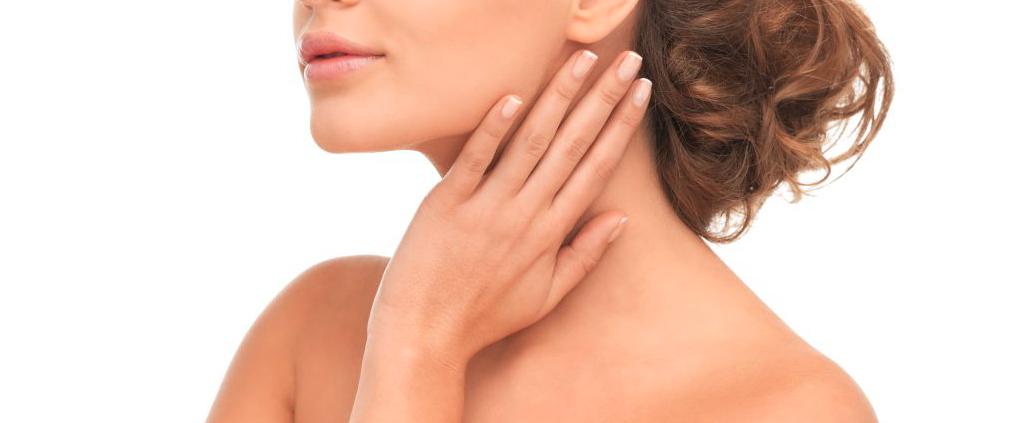This is what calcareous water does to our skin
Our skin is our largest organ. It regulates body temperature and defends us against bacteria and viruses. She comes with water every day in contact – when washing hands, showering and cleaning the apartment. Perhaps your skin has already seemed completely different to you on vacation. It may be tense, flaky, or red. Perhaps you have noticed improvements and have been able to do without moisturizers and the like. Why is that so? The answer lies in the hardness of the water.
What does hard water mean for personal hygiene?
Hard or chalky water has a high mineral content. The minerals calcium and magnesium are responsible for the hardness of the water are responsible. These additives are healthy to drink. If you have hard water at home, you will certainly be annoyed by calcified surfaces in the bathroom and kitchen. Lime not only looks unsavory, it can even seriously damage appliances such as coffee machines or irons. How calcareous the drinking water is different from place to place. Test in our water category learn how to find out water hardness.
Just as minerals are deposited in the kettle or on the bathroom tiles, they can also remain on the skin. Some people don’t even notice the difference between soft and hard water, others react very strongly to it. In general, problems are less common with soft water. Since it contains only a few minerals, it feels softer on the skin. In principle, however, hard water is not unhealthy.
Calcareous water and our skin: these problems exist
While every skin reacts differently, there are a few typical effects of hard water. If the skin is not used to the calcium, it is usually tight and itchy. You may have had such experiences while on vacation or after moving. Soap consumption also increases with hard water. The minerals in the water combine with the cleaning agents in the shower gel or shampoo and partially neutralize it. You can tell by the fact that it no longer foams as well. So we automatically need more to get skin and hair clean.
Our skin has a protective barrier. It has a moisturizing effect and is intended to prevent drying out. The minerals in hard water attack this barrier and cause many people to have dry skin problems. At the same time, the lime can be to blame for skin impurities. Minerals and product residues clog the pores, resulting in blackheads and pimples.
Study shows: lime promotes eczema
Children’s skin is particularly sensitive. A study by scientists at Nottingham University found that there is a direct link between calcium and eczema. Medical water softeners have been installed in the household of children with neurodermatitis. After a few weeks it could be observed that this significantly alleviated eczema. Medicines are not always necessary to alleviate skin diseases.
Other studies also come to the conclusion that atopic dermatitis occurs more often in regions with hard water. All you have to do is ask at the pharmacy. Far more eczema products are sold in areas with hard water. Researchers see a direct connection here.
Solutions against limescale – bring a feeling of wellness into your bathroom
If your skin feels as calcified as the walls of your shower look, a water softener is the only reliable solution. Such devices are available in a wide variety of designs. You can choose a softener that is only installed in the shower, or you can buy a system for the entire house.
Certain care products can also help. Special creams fight itching and dryness. If you have problems with acne or dry facial skin, cleansing water may help. They cleanse the skin sufficiently that you don’t have to put tap water on your skin. Alternatively, washing your face with filtered or distilled water may help. If problems occur mainly on vacation, it makes sense to wash your face with water from a bottle that is low in mineral content.
If you do decide to switch to softened or filtered water, you will notice some changes. The skin will sometimes feel a little “greasy” after washing. Don’t worry, this is normal and your skin will get really clean too. You only feel – probably for the first time – the natural skin barrier! To make sure that your skin problem is really related to the tap water, it is best to ask a doctor. Dermatologists can give you reliable tips for your personal situation.



